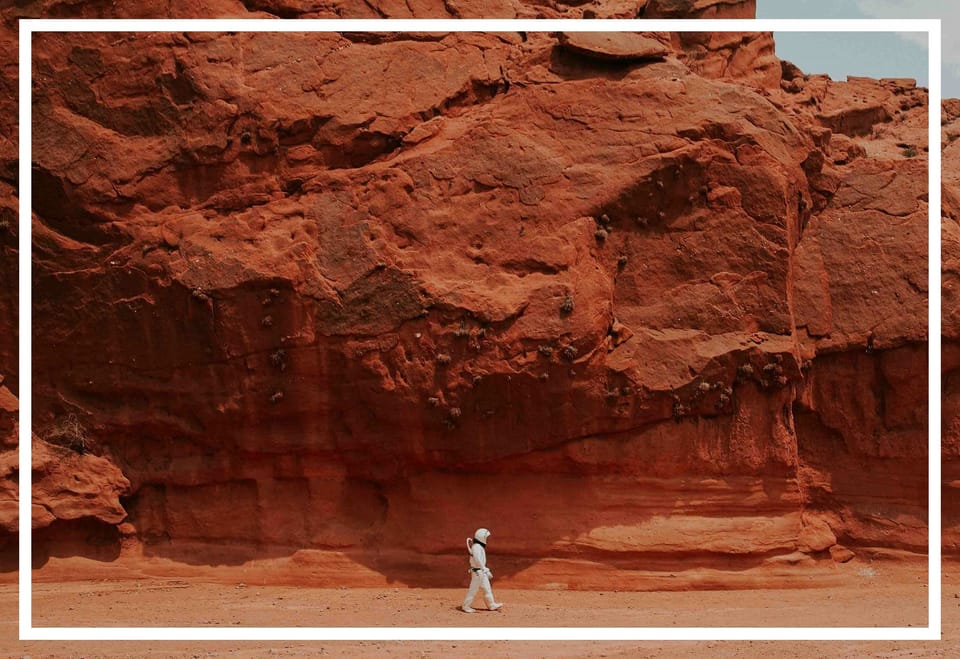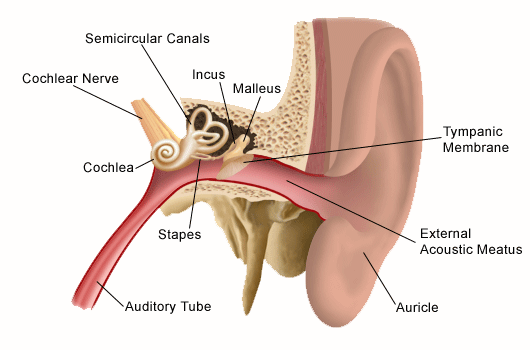Friday, September 13, 2024

This issue speaks for itself. Listen:
Item 1: a link
Albert Burneko thinks humanity will never colonize Mars:
Let's discuss the breathable-air problem. Earth's atmosphere is rich with oxygen due in large part to all of the green plants photosynthesizing here. We got green plants out the ass. Some people have the idea that making Mars's atmosphere breathable is as simple as introducing some green plants to it: They will eat up sunlight and produce oxygen, and then people can breathe it. That is uhhhhh the circle of life (?) or whatever. They call this idea "terraforming."
At this point in our discussion I must acquaint you with two dear friends of mine. Their names are The South Pole, and The Summit Of Mount Everest.
The South Pole is around 2,800 meters above sea level, and like everywhere else on Earth around 44 million miles closer to the sun than any point on Mars. It sits deep down inside the nutritious atmosphere of a planet teeming with native life. Compared to the very most hospitable place on Mars it is an unimaginably fertile Eden. Here is a list of the plant-life that grows there: Nothing. Here is a list of all the animals that reproduce there: None.
Albert makes some darn good points in this piece. And I support anyone who takes time out of their day to heap disdain on Elon Musk. On the other hand, I've read too much sci-fi and I think it would be neat to populate some other planets.
[Bonus "Mars ain't gonna happen" link just dropped yesterday: Casey Johnston's newsletter focuses on how your body will crumble to pieces and also features an image from the same stock photo shoot as this very issue.]
Item 2: a list

Ear Parts, Ranked:
- Tympanic membrane (eardrum)
- Cochlea
- Malleus
- Semicircular canals
- Incus
- Stapes
- External acoustic meatus
- Pinna/Auricle
- Eustachian tube
- Vestibule
Item 3: a media recommendation
UNKLE feat. Thom Yorke - Rabbit in Your Headlights [Jonathan Glazer directed this unpleasant video]
Item 4: word of the week
Winklepickers
He was one of those annoying people who thinks the world should bend to his petty whim, expecting every bellhop and barista to bow down and smooch his winklepickers. He was generally disliked.
Item 5: a photograph

Explanation: Ringed ice giant Neptune lies near the center of this sharp near-infrared image from the James Webb Space Telescope. The dim and distant world is the farthest planet from the Sun, about 30 times farther away than planet Earth. But in the stunning Webb view, the planet's dark and ghostly appearance is due to atmospheric methane that absorbs infrared light. High altitude clouds that reach above most of Neptune's absorbing methane easily stand out in the image though. Coated with frozen nitrogen, Neptune's largest moon Triton is brighter than Neptune in reflected sunlight, seen at the upper left sporting the Webb telescope's characteristic diffraction spikes. Including Triton, seven of Neptune's 14 known moons can be identified in the field of view. Neptune's faint rings are striking in this space-based planetary portrait. Details of the complex ring system are seen here for the first time since Neptune was visited by the Voyager 2 spacecraft in August 1989.
We should build a colony there.
See ya!
Thank you for reading. See you next time.
Member discussion